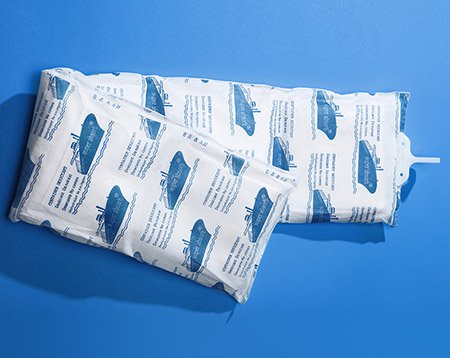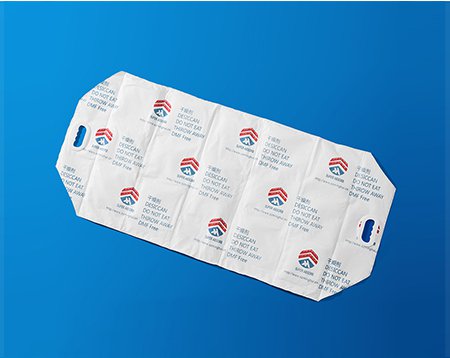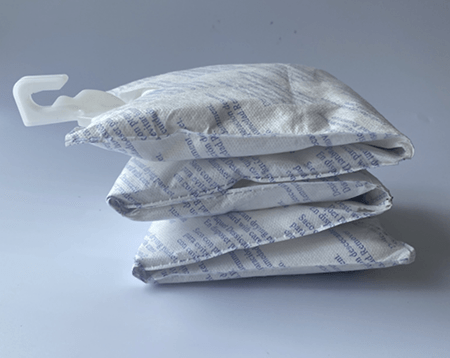Container Desiccant for Grain Shipping
Minghui Shipping Container Desiccant is a patented solution, based on the proven ability of calcium chloride to aggressively remove moisture from the air.
Designed to occupy minimal space with full functionality. Offers efficient protection for long shipments.
| Name | 1KG Container Desiccant For Shipping |
| Material | Calcium chloride desiccant |
| Usage | Moisture absorption |
| Period of validity | 1-2 years |
| Feature | Powder turn into gel after absorbing moisture |
| Effective period | Until absorb about 200% moisture of its weight |
| Packing | Non-woven fabric |
What conditions must the container desiccant meet?
1) High moisture absorption rate and fast moisture absorption rate: more than 200%
2) long-lasting performance and efficiency:60-90 days
3) wide application of temperature:-5℃-90℃
4) Safe and reliable, no leakage risk:
5) Must comply with environmental protection requirements:
At present, Europe, the United States and the world are paying more and more attention to the environmental protection requirements of imported goods. The desiccant as a packaging auxiliary must meet all environmental requirements in order to meet the needs of export goods. Such as: meet ROHS and REACH requirements, do not contain DMF, can be treated as general waste.
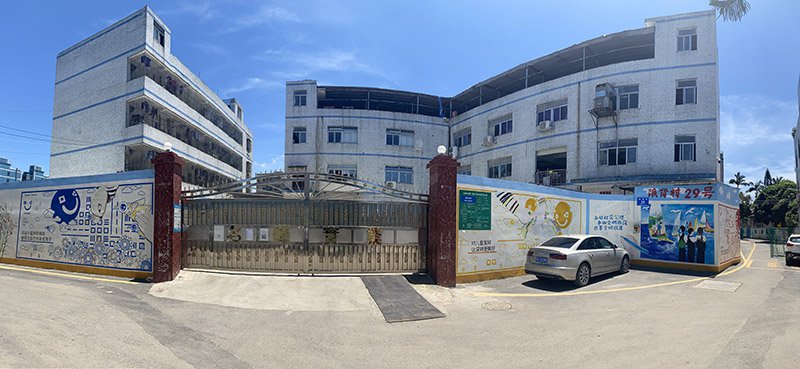
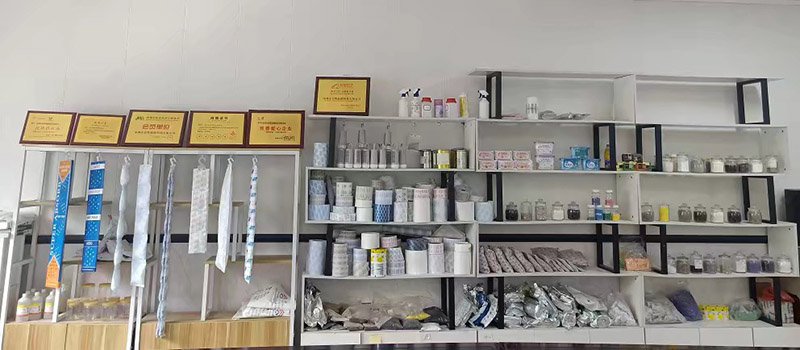
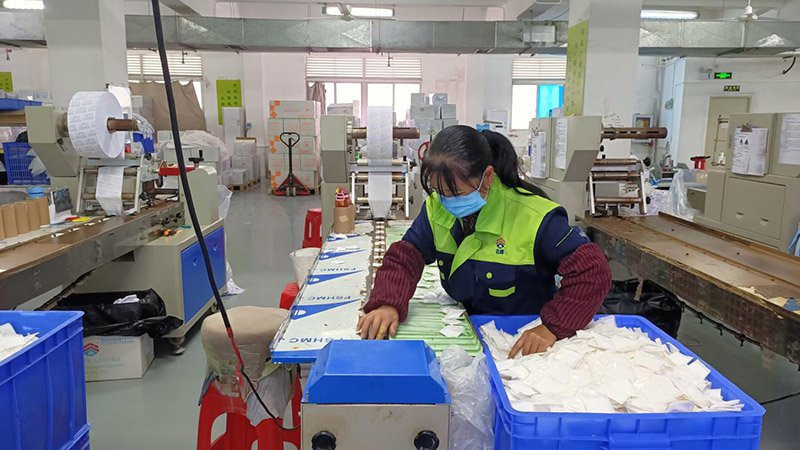
The agricultural products themselves have high moisture content. If effective moisture-proof measures are not taken during storage and transportation, excessive moisture will cause moisture damage to agricultural products. In addition, agricultural products will parasite pest eggs during their growth. After harvest, if they are stored and transported in a high temperature and high humidity environment, they will be damp, which will provide conditions for the eggs to hatch.
Containers are one of the most common ways to transport grains overseas. The conditions during these shipments are harsh, leading to many discarded shipments.
An empty shipping container contains several liters of water, because of the water in the air. It's a threat to the grains, as the water condensates as an effect of temperature variations during transportation. These variations are due to different temperatures during daytime opposed to nighttime, and because of different climate zones.
Huge sums are lost annually due to grain damaged by moisture during transportation.
Minghui product is a potent desiccant that is fast to install and cheaper than other alternatives in the market.
“The cost of protecting a single container is normally less than $100,” said Sam, global segment leader for the agricultural sector at Minghui. “A small amount compared to the potential losses companies face if they don’t protect their cargo at all.
“Our desiccants are made of 94% calcium chloride as the absorbing agent, mixed with a starch to bind the moisture into a gel. Our mix absorbs about 10 times the amount of moisture that silica gel or clay absorbs. This means that a company currently using 60 kg of clay to prevent moisture damages, need only 6 kg of our desiccants. Installation time and costs will be lower because there will be less moisture absorbers to install, but it also translates into a reduction of plastic used.”
The use of desiccants during transport keeps the moisture at harmless levels for the grain.
Using Chunwang desiccants instead of clay leads to a 60% to 80% decrease in plastic needed to protect the same amount of grain. If a company ships 5,000 containers a year, a shift to Chunwang from clay would mean a decrease in plastic used equivalent to 250,000 (500 ml) PET bottles.

RELATED PRODUCTS


